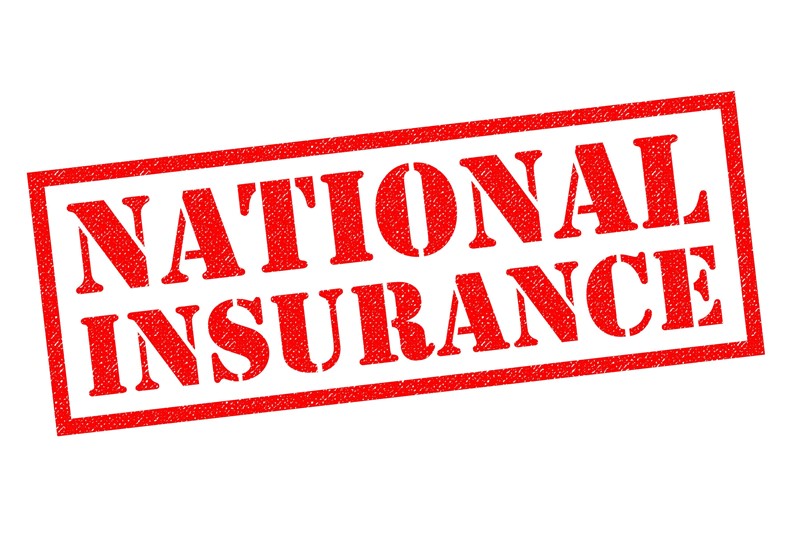Having the right type of intellectual property protection helps you stop people stealing or copying:
- the names of your products or brands;
- your inventions;
- the design or look of your products; and
- things you write, make or produce.
Copyright, patents, designs and trademarks are all types of intellectual property protection. You get some types of protection automatically, others you have to apply for.
You own intellectual property if you:
- created it (and it meets the requirements for copyright, a patent or a design);
- bought intellectual property rights from the creator or a previous owner; and
- have a brand that could be a trademark, for example, a well-known product name.
Intellectual property can have more than one owner, belong to people or businesses, and be sold or transferred.
If you have concerns that your ideas or business brands are vulnerable contact a professional patent or trademark attorney.












